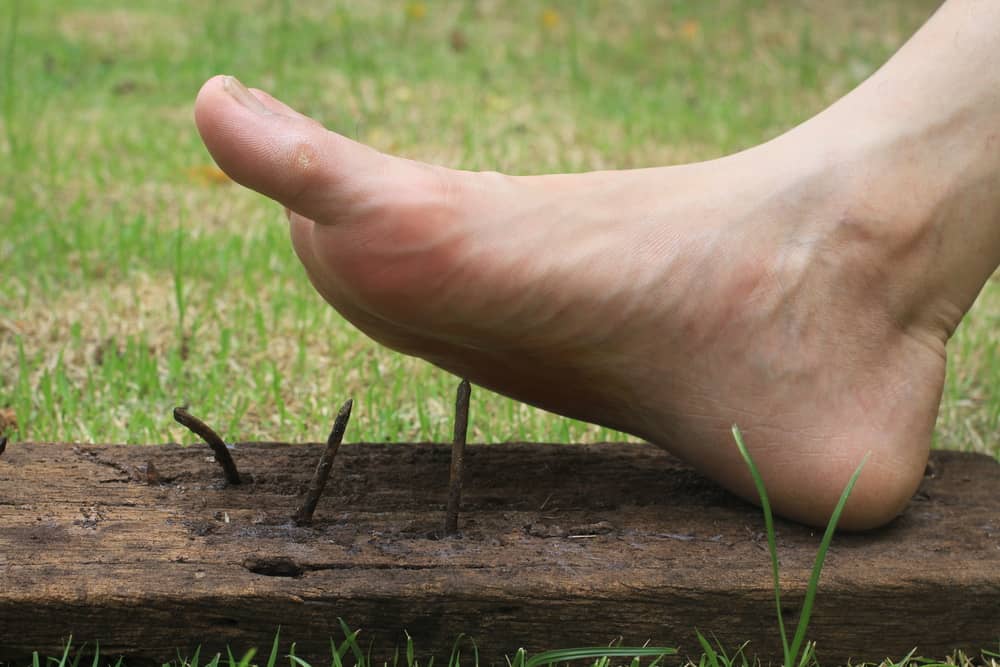Contents:
- Medical Video: WATER FASTING AND WORKING OUT: Good or Bad idea?
- What can be done so that you can still exercise while fasting?
- 1. Consumption of more macronutrients varies
- 2. Drink small amounts, but often
- 3. Maintain a minimum sleep time of 7 hours per day
- 4. Fast alternating for a month before Ramadan
- 5. Practice and compete in 3-4 hours after breaking the fast
Medical Video: WATER FASTING AND WORKING OUT: Good or Bad idea?
Ramadan fasting is one of the obligatory worship services for Muslims throughout the world. During fasting, a Muslim does not eat and drink from sunrise to sunset. Plus, a Muslim needs to eat sahur at unusual hours to meet his nutrition.
This is certainly a challenge for Muslim and professional athletes such as Mesut Özil, Edin Dzeko, Emre Can, Xerdan Shaqiri, Granit Xhaka, Ardan Turan, Nuri inahin, Karim Benzema, Samir Nasri, and Paul Pogba. Before practicing and competing, players can only gather energy sources through eating only when breaking the fast and at dawn. When practicing and competing players cannot drink to replace lost fluids. Players who fast also experience changes in sleep patterns in order to wake up to eat sahur.
At a glance, fasting Ramadan while staying active in sports seems impossible. But actually with the right strategy, players who fast can still maintain their performance as usual.
What can be done so that you can still exercise while fasting?
1. Consumption of more macronutrients varies
It is the culture of Muslims to break the fast by eating large portions that are rich in fat, sugar, and salt. This is actually not a good culture. In order to have enough energy to exercise, consume lots of macronutrients with varying compositions (carbohydrates, proteins, and fats). In addition, consumption of many nutrients is important for optimizing performance and recovery.
2. Drink small amounts, but often
During the month of Ramadan, the opportunity to drink becomes much less. Many people outsmart it by drinking large quantities at once at night. This is actually not an effective way.
Drinking large amounts at once will trigger you to urinate. The water you drink is actually lost even when urinating. In addition, frequent urination at night will interfere with your sleep which will affect your performance in the morning.
To meet the fluid needs during the fasting month, a player should drink small amounts, but often. Eating foods that contain low amounts of salt can also help maintain water in the body.
3. Maintain a minimum sleep time of 7 hours per day
Waking up in the morning to eat sahur will certainly reduce sleep time. Though lack of sleep can result in someone becoming more easily feeling tired and having difficulty concentrating.
In order to stay excellent when on the move, ideally players have as much as 8-9 hours of sleep a day. However, at least 7 hours of sleep a day is enough to maintain good performance. This can be achieved, among others, by taking a nap and sleeping early.
4. Fast alternating for a month before Ramadan
In order for the body to get used to the pattern of life during the month of Ramadan, players can fast alternating for a month before Ramadan, for example fasting for 2 days a week. At this time, the body can begin to adapt by adjusting the diet, drink, and sleep according to the pattern that will be carried out during the month of Ramadan.
Changes that occur will be lighter because there are still days when players do not fast. In Islam itself is circumcised for fasting Monday-Thursday. Adaptation while adding reward, why not?
5. Practice and compete in 3-4 hours after breaking the fast
The coaches and organizers of the competition also play an important role in the process of adaptation of players during the fasting month. Training and match schedules should be determined by considering the energy availability of the player and the opportunity to eat and drink to "refill".
For those who are in a Muslim-majority country, this change is easy to do. In these countries, usually the training schedule and matches are carried out around 3-4 hours after breaking the fast.












